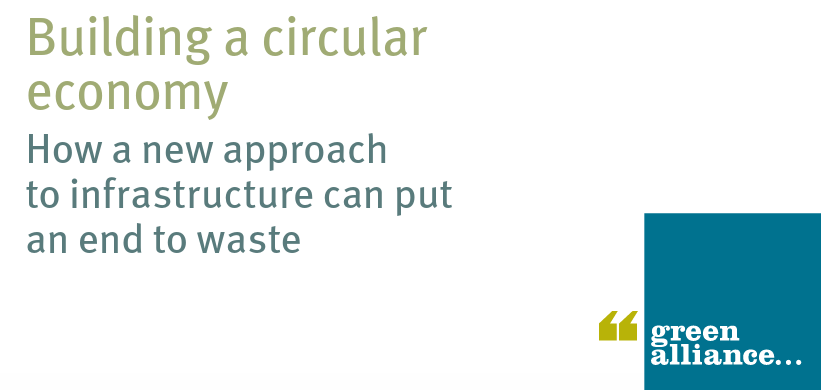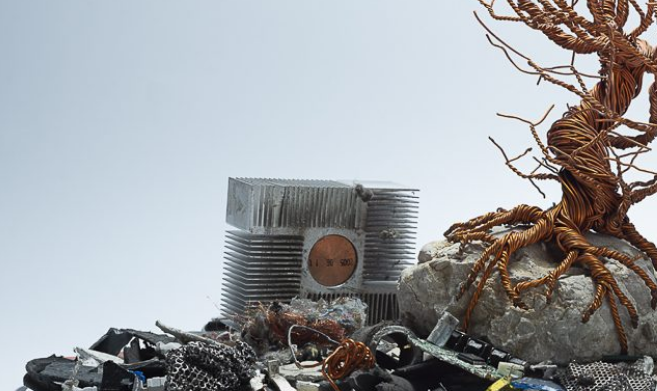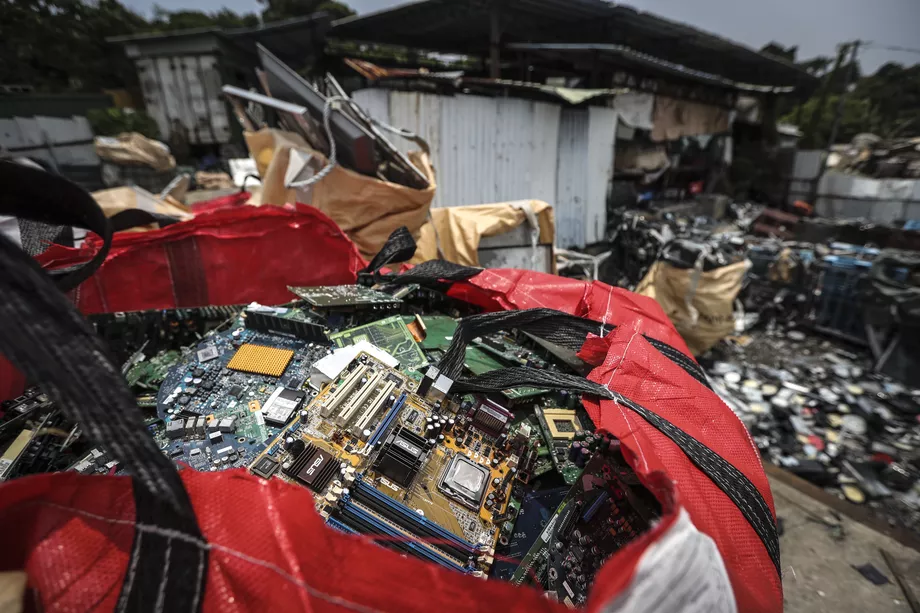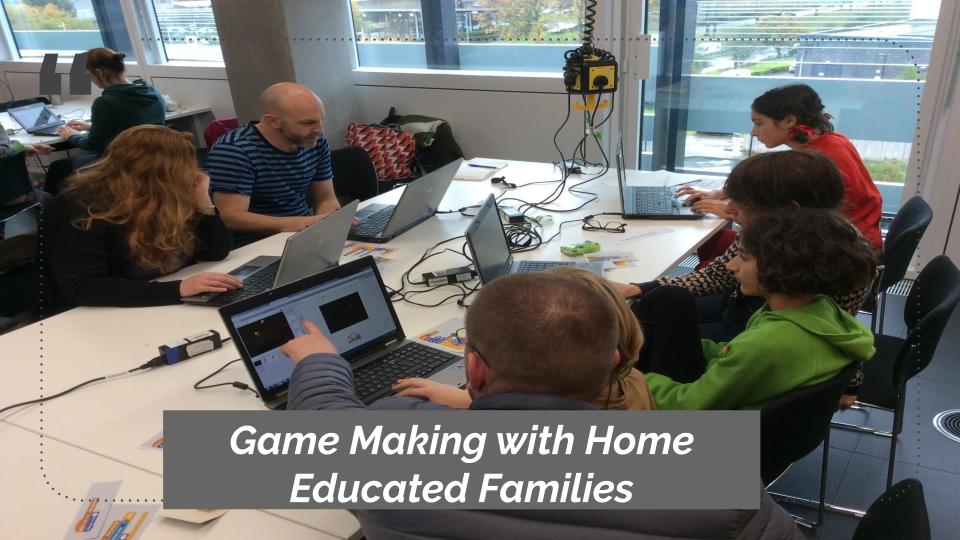
Home Education Workshops starting November 2021
Scavenger Labs are offering a two partner workshops in our new education centre called Todmorden Makery. The focus of both of these workshops is hands ons, inclusive and engaging approach to science and technology.
- Age Range - 10-14
- Dates: Mondays starting November 1st till 13th December
- Cost per course - £95 for 7 sessions - (discount if you also book both £150)~
- Location: Todmorden Makery in Todmorden College
- Mondays 12.00 - 13.45 - Making and Coding (Game Making) - Making games together as a fantastic and fun way to learn real computer coding practices and hands-on making skills
- Mondays 14.30 - 15.45 - The Science Lab -A series of introductory science workshops exploring key concepts in biology, chemistry and physics in a safe, fun and inclusive environment
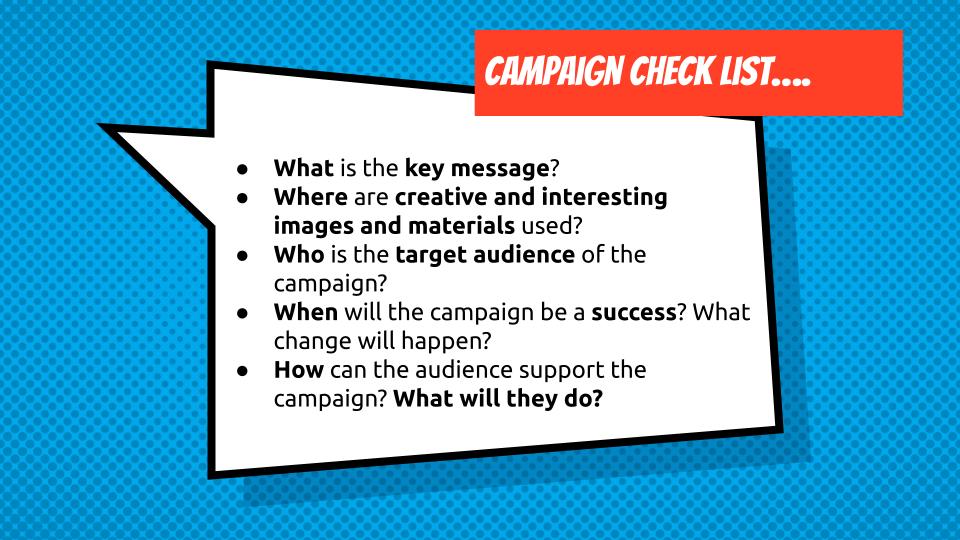 Caption - campaign check list
Caption - campaign check list